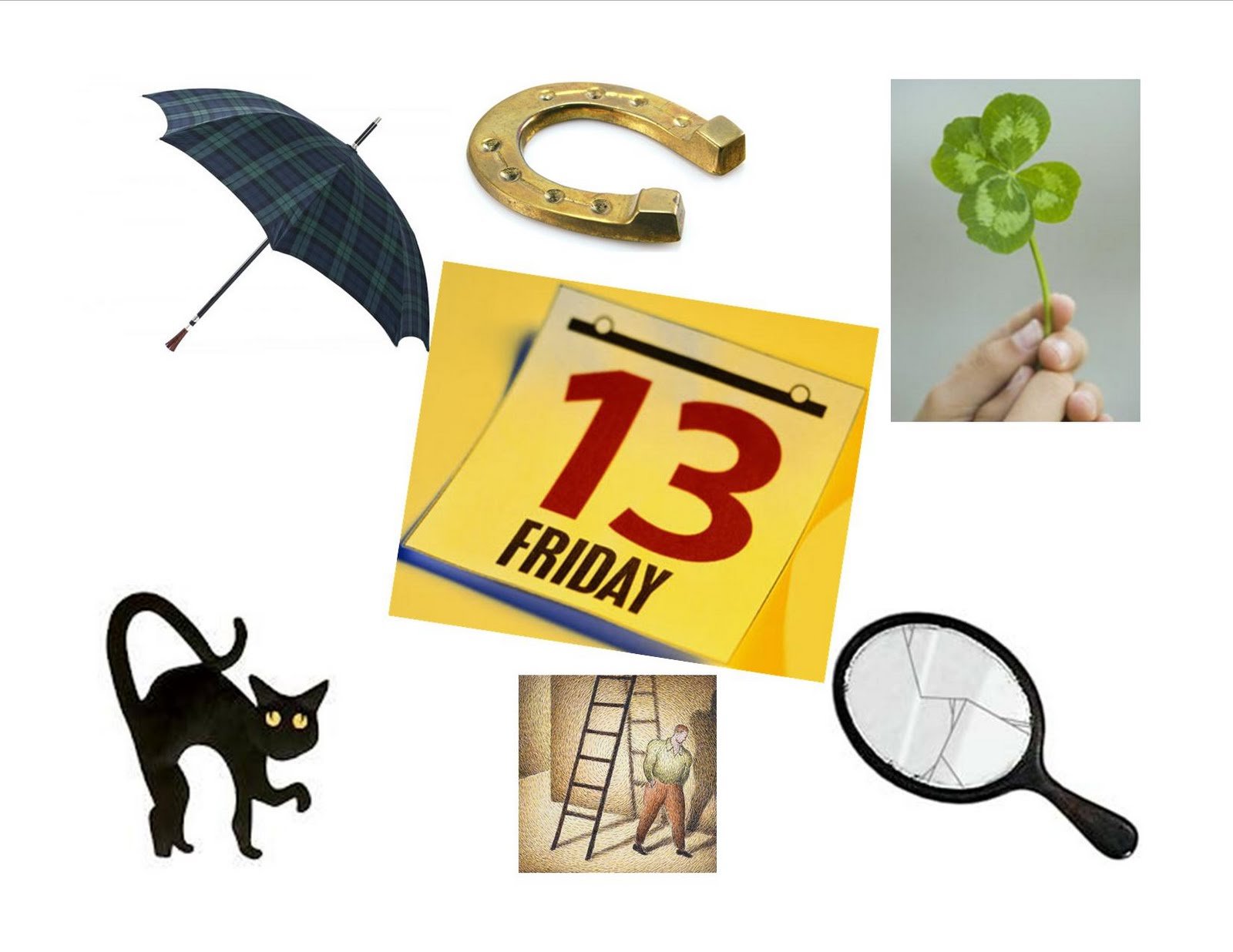Very Superstitious: Researchers Say Myth of the Lucky Gambler Lives On
Posted on: November 10, 2013, 05:30h.
Last updated on: November 6, 2013, 11:19h.

“Very superstitious, writing’s on the wall/Very superstitious, ladders bout’ to fall/Thirteen-month- old baby broke the lookin’ glass/Seven years of bad luck, the good things in your past/When you believe in things that you don’t understand/Then you suffer/Superstition ain’t the way” – Stevie Wonder, “Superstition” – EMI Music Publishing
Ryan Riess Believed He Would Win
Is there anyone more superstitious than a gambler? Maybe, but according to a University of Cambridge researcher and many other psychology and brain function experts, most gamblers hold onto superstitious concepts tighter than a lottery winner with a million-dollar check. Speaking of (multi) million dollar checks, World Series of Poker winner Ryan Riess, 23, says he “just had a great feeling about it. I just think I’m the best poker player in the world.”
In this case, Riess’s lucky talisman could best be described as either a very confident or overinflated ego (depending on your world views), but how many poker players – and gamblers in general – lay a lot of faith in illogical belief systems? Quite a few, it seems.
“The brain is a very powerful learning machine,” says Luke Clark, of the University of Cambridge psychology department. “Gamblers are trying to sense their state of luck.” Clark wrote a treatise on this topic about six years ago and is an expert in the field of the gambler’s mind and point of view. Much of it, maintains Clark, is to create an illusion of control in games that are often largely random luck.
The Theory of a “Bad Streak”
Let’s take a look at the other side of the coin in this week’s WSOP Main Event outcome: second-place finisher Jay Farber, who has this to say about champion Riess’s play: “Every time I made a hand, he would make a better one,” Farber said. “It’s really hard to beat someone who’s just running hotter than the sun.”
The superstition of the ‘unbeatable lucky streak” – or simply being outplayed by a superior gamesman? Riess does, after all, have a pretty solid performance track record for one so young, whereas Farber is a VIP host in Las Vegas with just a few nominal tournament finishes to his name before his $5 million second-place take this week.
But a hefty ego is neither unusual nor that weird, particularly among poker’s elite; which is more than can be said of many items gamblers haul around for good luck. Bo Bernhard, executive of UNLV’s International Gaming Institute, says one of the strangest he ever encountered was a woman who carried her deceased gambling partner’s urn – replete with his ashes – wherever she went, believing it would bestow good fortune upon her.
(Apparently, “good fortune” was not in Mr. Dead Guy’s cards, based on outcome).
Among other common good luck charms are things like “lucky” articles of clothing; certain numbers (while 13 is considered bad luck in the West, in Asian countries, it’s the number 4); having a beautiful woman blow on your dice (yes, we know there’s an endless supply of humor in that one); as well as individual rituals, eschewing $50 bills (some say this derives from the reported habit of mobsters placing $50 bills in the jacket pockets of victims they buried in the desert- it seems unlikely, however, to us that mobsters would throw money away on their dead enemies that way); and, of course, many more too numerous to mention.
“A lot of times, it’s very personal,” said David G. Schwartz, director of UNLV’s Center for Gaming Research.
All we know is, in Ryan Riess’ case, thinking highly of himself obviously didn’t hurt.